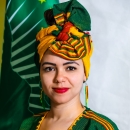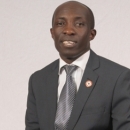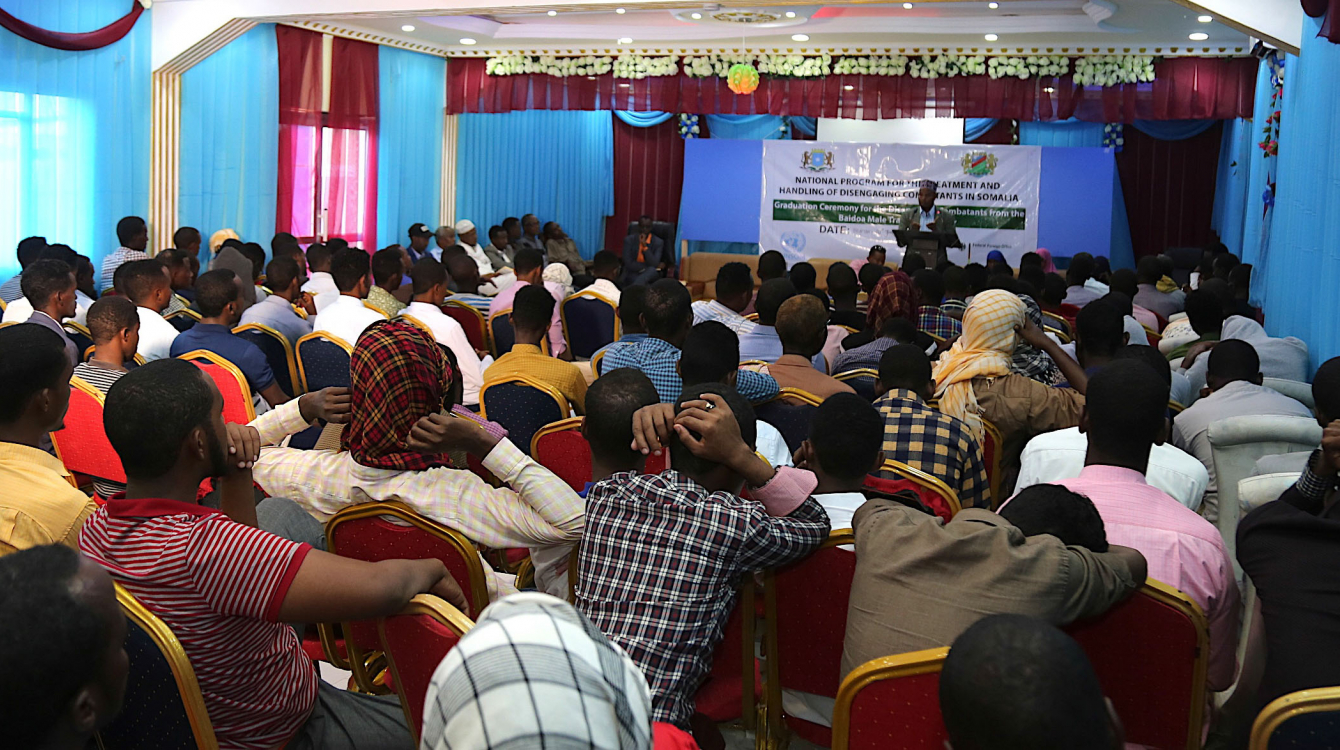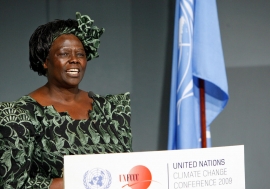
In April 2019, the terrorist group ISIS claimed responsibility for their first attack in the Democratic Republic of the Congo, in which eight people were killed in North Kivu province.
This, along with recent attacks in Mozambique, represent a disturbing development in Africa’s struggle with violent extremism and terrorism that has previously been the province of countries such as Somalia, Nigeria, Mali and their neighbours who face both direct and spillover effects of violent groups such Al-Shabaab, Boko Haram and Al-Qaeda.
With 60% of Africa’s population under 25 years of age, and recruitment efforts by extremist groups focused mainly on youth, it is critical to address the reasons that drive young people toward violent extremism.
In their 2017 study based on interviews with hundreds of voluntary recruits to Al-Shabaab and Boko Haram, the United Nations Development Programme found that the journey to violent extremism is one marked by exclusion and marginalisation, lack of opportunities, and grievances with the state.
About 71% of those interviewed cited government action — the murder or arrest of a family member or friend — as the tipping point for joining a violent extremist group, indicating the limits of militarized counter-terrorism responses by governments.
The message is starting to get through. Organisations working on violent extremism, including such regional bodies as the Intergovernmental Authority on Development (IGAD) and the Economic Community of West African States (ECOWAS), are increasingly shifting from counter-terrorism to a prevention approach.
This runs the spectrum from creating jobs and providing basic services, to more “soft power” actions that reduce tensions in communities and build trust, such as engaging communities and civil society groups in dialogue, as well as counter-messaging and enforcing human rights standards in interactions by law enforcement actors.
Youth themselves are at the forefront of some of the initiatives to tackle the spread of violent extremism.
The African Union Commission’s Interfaith Dialogue on Violent Extremism (iDove), for example, meets with youth activists who already have their established networks as allies. Since 2017, annual intercontinental youth forums have served as a platform for young people from Africa and Europe to come together with policymakers, artists, members of civil society and others to exchange ideas on preventing violent extremism. iDove also promotes intra and interfaith dialogue, and better understanding of the underlying reasons why young people join violent groups, and where they can seek help.
The Nigeria Youth 4 Peace Initiative, set up by young peacebuilders, works with hundreds of activists from West Africa to counter violent extremism in the region by engaging youth in campaigns, establishing peace clubs in schools and conducting resilience-building activities to counter recruitment messaging.
In East Africa, the Commonwealth Youth Peace Ambassadors Network is addressing violent extremism through initiatives such as “A Legacy of Prevention” which is focused on closing knowledge gaps identified in preventing and countering violent extremism in the region.
Kenya: TT, a hip-hop artist in Kenya is using art and culture to promote peace and security through his initiative, Wacha Gun, Shika Mic (Drop the Gun and Grab the Mic), which encourages vulnerable youth living in high-risk areas to reject crime and drugs and promote peace.
Somalia: The Elman Peace and Human Rights Centre’s slogan is “drop the gun, pick up the pen”. It promotes alternative livelihoods for young ex-combatants and youth participation in political decision-making.
Uganda: The African Youth Initiative Network (AYINET) rehabilitates post-war communities and engages the youth to become peace agents. It provides space for perpetrators of violence to tell their stories and provides training and psycho-social support.
But even as governments and local communities in different countries make gains against violent extremism, new challenges arise.
Africans are among the 40,000 foreign terrorist fighters from 110 countries that the UN estimates joined the conflicts in Syria and Iraq. Some of these fighters are now returning home.
Other fighters and non-combatant women and children are trapped in third countries having fled previously-held extremist group strongholds. Some children were actively involved in the fighting. They will all require rehabilitation and reintegration into communities that may struggle to welcome them. Governments, organisations and communities working to prevent violent extremism will need to make sure that these young people who have returned receive the support they need to rebuild their lives.

























